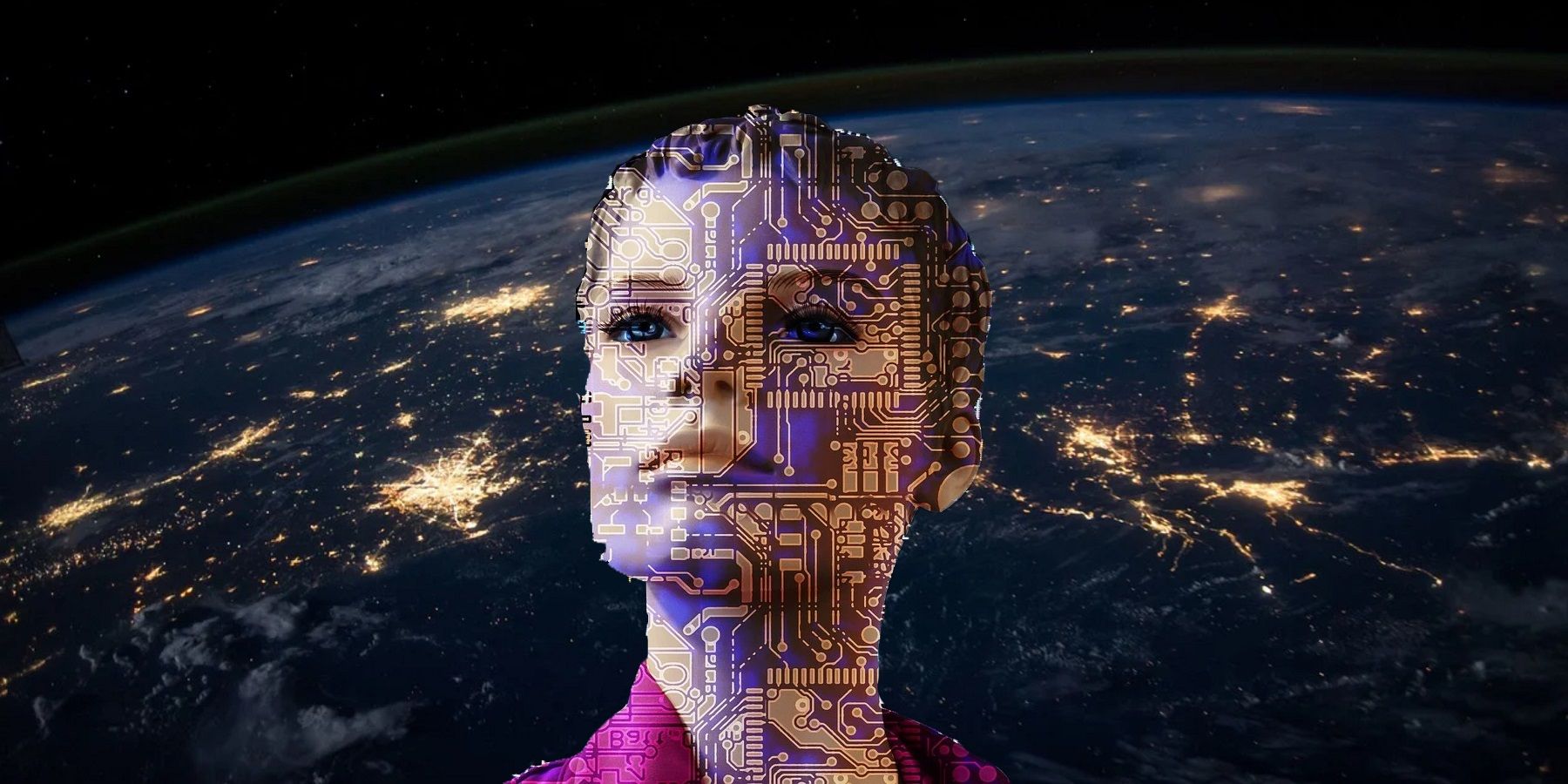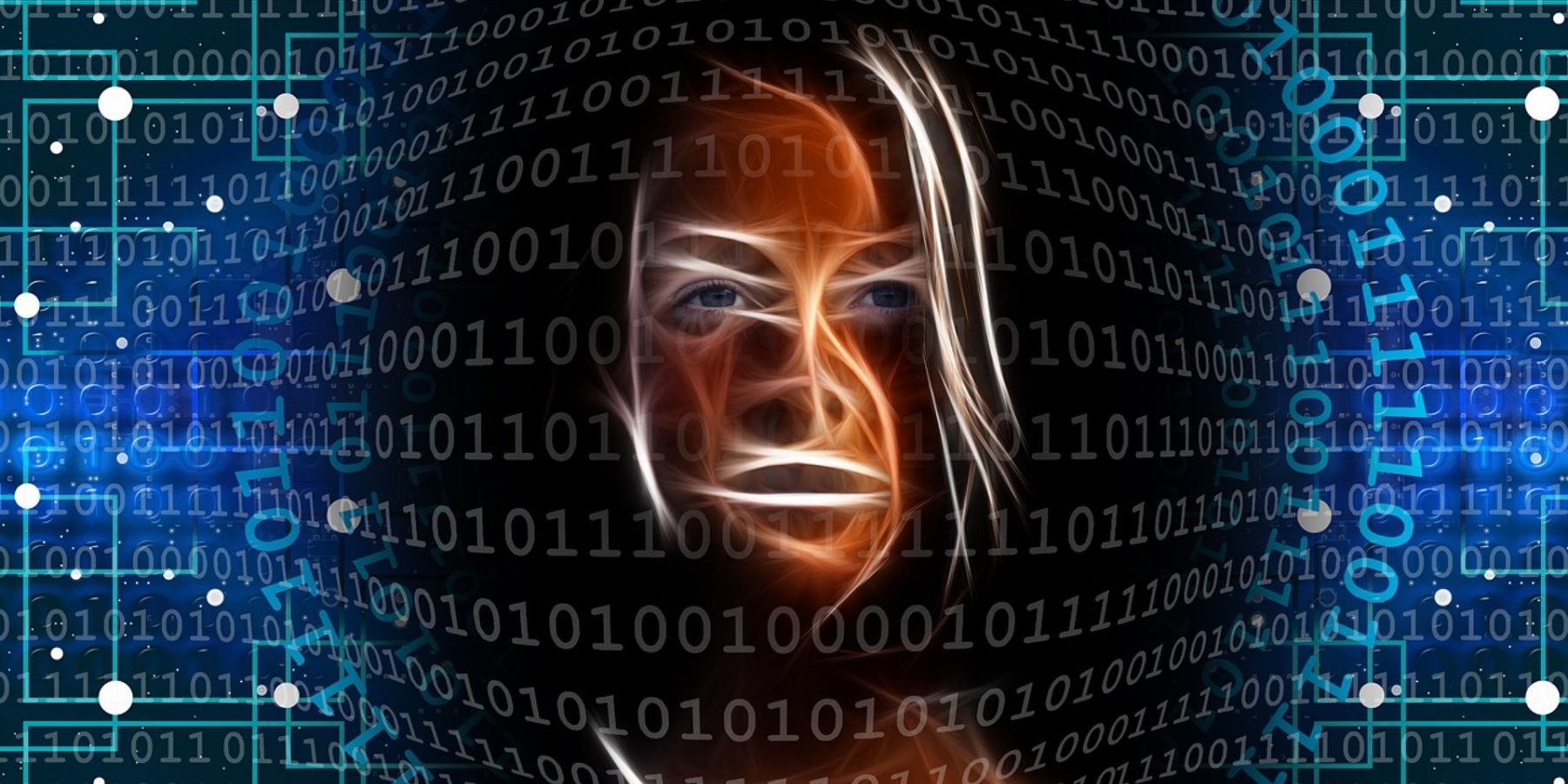
A new day is about to dawn in the field of artificial intelligence as researchers have discovered a dramatic improvement in the speed and efficiency with which AI learns -- by using light instead of electricity. Using photons, AI can not only perform more complex tasks, more quickly, but it can also utilize less power while doing so.
Artificial intelligence is the replication of human intelligence in a machine, like Siri on the iPhone, or Alexa from Amazon. This recent research focuses on neural network machine learning, which allows an AI to learn a task without supervision, by simulating the neural pathways of the human brain. It uses photons -- the basic unit of all light -- to surmount the limits placed on those neural networks by electricity. If a task is especially complicated, it requires more data, which means it typically requires more electricity.
The Independent recently reported on these new findings, sharing a paper first published in Applied Physics Reviewed. According to the report, researchers from George Washington University discovered that using photons meant the neural pathways -- also known as tensor processing units, or TPUs -- performed two to three times better than when using an electric TPU. As a result, artificial intelligence can do the same job faster, while using less power and at an increased rate of production.

This new research has exciting implications for the technology that people use every day. 5G networks, for example, could utilize these new processors, which could have a huge impact for cellphone companies, as well as their customers. With this recent advance in technology, it could allow carriers to offer 5G to more people, more quickly, and with fewer rollout issues. Furthermore, data centers -- like those used by Google and Microsoft -- could process data faster and easier. This means an improvement in cloud storage, along with various other online uses, like playing games, keeping websites functioning, and helping e-commerce to thrive.
Of course, there are also implications on a wider scale beyond a revolutionary cellphone experience or surfing the web. Artificial intelligence is also used in healthcare, which is especially important as healthcare workers are currently on the front-lines of the COVID-19 pandemic. From improving, if not moving beyond, the use of electronic health records, to drastically changing the way doctors and nurses interact with patients -- including diagnosing and treating diseases -- these recent changes in artificial intelligence can pave the way for huge innovations. For example, AI already has the ability to create diagnostic algorithms, which help doctors detect illnesses. With this new research allowing AIs to learn faster, do more work, and use less power, who knows what improvements in the healthcare field might come next?
Source: The Independent
from ScreenRant - Feed https://ift.tt/3kBpxOG


0 Comments